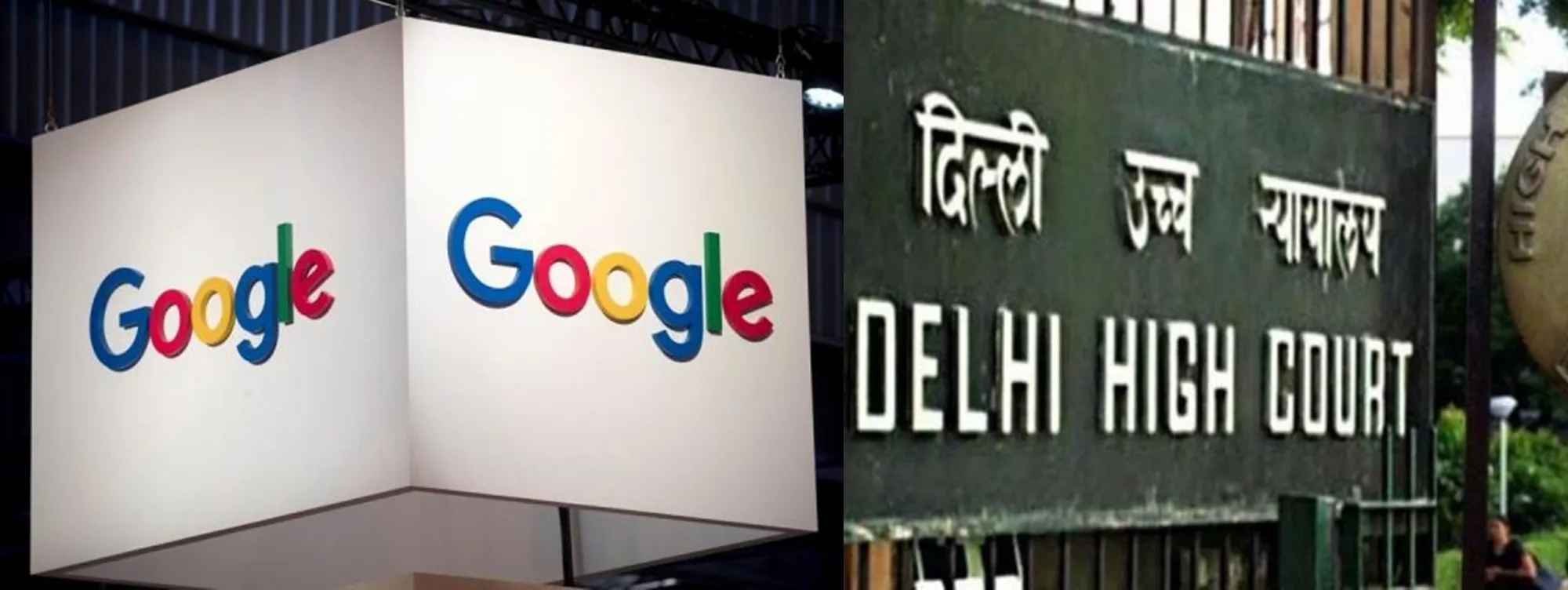The Division Bench of the Delhi High Court on Wednesday issued notice on an appeal moved by Google’s parent company, Alphabet Inc., challenging a single bench order directing the Competition Commission of India (CCI) to consider and decide the applications filed by a body of startups challenging Google’s new billing payment policy.
The Bench of Justice Satish Chander Sharma and Justice Subramonium Prasad on Wednesday sought a response from CCI and others on the appeal and listed the matter for July 19, 2023. On Monday, the bench of Justice Tushar Rao Gedela passed an order and said, “There is no impediment, legal or otherwise, in directing the CCI to take up the applications under Section 42 of the Act, as filed by the petitioner, for hearing and considering the same in accordance with the law on or before April 26, 2023.”
The bench was hearing the petitions moved by Alliance of Digital India Foundation (ADIF) member startups. While hearing the petition, the High Court also considered the submissions on the point of the doctrine of necessity.
ADIF had moved a plea and argued that Google is trying to bypass the CCI direction by introducing a policy named ‘User Choice Billing” (UCB) in place of the earlier payment method, Google Billing Payment System (GBPS).
The single bench noted that the petitioner was already aware of the UCB Pilot system even prior to the filing of the applications under Section 42 of the Act, and therefore the urgency as alleged by the petitioner in respect of the intended launch of the UCB Pilot system on April 26, 2023, would not entitle the petitioner to invoke the doctrine of necessity. The bench considered the submissions made by the senior counsels that the members who presently comprise the CCI are disqualified for any reason.
The bench said, “Having regard thereto, the question of examining whether the doctrine of necessity is or is not applicable to the present case does not arise at all.” The counsel for the petitioner had submitted that the CCI can validly invoke the doctrine of necessity in this matter.
On the other hand, Senior Advocate Sandeep Sethi earlier submitted that there is not a complete quorum, and any constitution less than three would therefore be violative of the provisions of sub-Section (1) of Section 8 of the Act.







